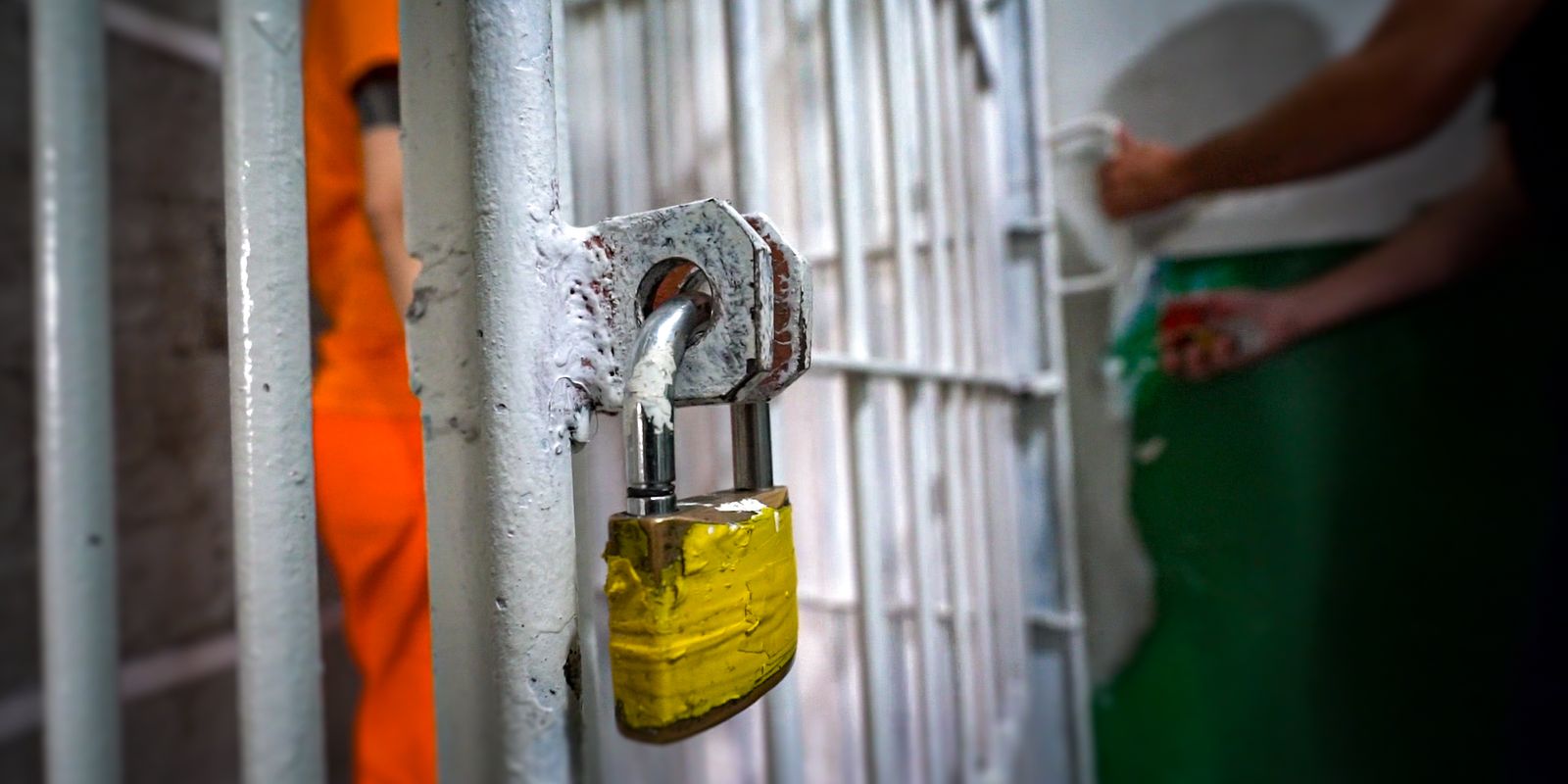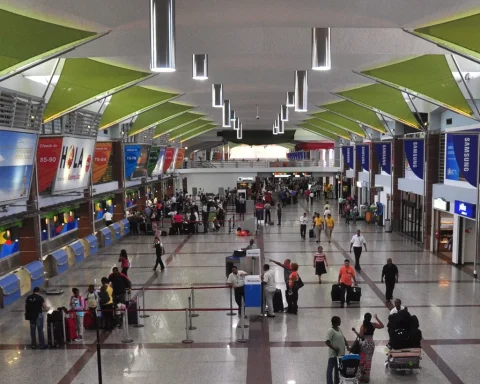Brazil has a deficit of 174,436 places in the prison system. The information was released this week in the Penal Information Report (Relipen), from the Ministry of Justice and Public Security (MJSP), according to which the prison population in the country is 663,906 prisoners, while the capacity of physical cells is 488,951 spaces.
The data, relating to the period from January to June 2024, also shows that almost all prisoners are men, with 634,617 incarcerated. The female population totals 28,770 prisoners, of which 212 are pregnant and 117 are breastfeeding. the report also shows that 119 children of prisoners are in prison units.
Furthermore, only the families of 19,445 prisoners receive prison benefits. The benefit, currently worth one minimum wage (R$1,412.00), is aimed at dependents of low-income people trapped in a closed regime and who have contributed to social security.
São Paulo is the state with the highest number of prisoners, with 200,178 incarcerated. Next comes Minas Gerais, with 65,545; Rio de Janeiro, with 47,331; Paraná, with 41,612 and Rio Grande do Sul, with 35,721. The states with the lowest number of prisoners are: Amapá, with 2,867; Roraima, with 3,126; Tocantins, with 3,738; Amazonas, with 5,069; and Alagoas, with 5,194.
São Paulo, Minas Gerais and Rio de Janeiro are also the states with the largest vacancy deficits, with 45,979; 19,834; and 15,797, respectively. Next comes Pernambuco, whose deficit is 12,646; and Paraná with a deficit of 11,325 places.
Meanwhile, Rio Grande do Norte has a surplus of 1,601 vacancies; Maranhão has a surplus of 514 vacancies; Mato Grosso in 132; and Tocantins in 19 places.
The report also shows that Brazil has 183,806 pre-trial detainees. Of these, 174,521 are men and 9,285 women. There are 360,430 prisoners in a closed regime, of which 346,225 are men and 14,205 women. Semi-open prisoners total 112,980. Women account for 4,761 prisoners and men 108,219. There are 4,774 prisoners in the open system, of which 4,372 are men and 402 women.
The report also shows that 105,104 prisoners are monitored with electronic ankle bracelets and that the population under house arrest, who do not use electronic ankle bracelet equipment, increased by 14.40%, from 100,433 in December last year to 115,117 in June 2024.
Work and study
The report also shows that 158,380 prisoners carry out some type of work activity, of which 28,748 work outside and 129,632 work in the prison unit. There are 146,476 men and 11,904 women who perform some type of work related to rural, agricultural, industrial, crafts, services and civil construction activities.
In relation to the study, the document shows that 118,886 prisoners are in formal education, whether in the literacy process, in primary, secondary, higher education or in a technical course with a workload of over 800 hours. Of this number, 108,978 are men and 9,908 women.
The majority (57,442) are attending elementary school, whether in person or via distance learning (EaD). Next are those attending high school, totaling 37,485. Then come prisoners in the literacy process, with 19,908 people. There are 3,467 prisoners studying higher education and 1,563 of those attending technical courses.
The report also shows that the country’s prison system provides 1,763,464 books in prison units and that 30,212 prisoners carry out work and study activities simultaneously, 27,874 men and 2,338 women.
Disability, nationality and documentation
The total number of prisoners with disabilities, as of June 30, was 9,424, of which 9,058 are men and 366 women, of which 461 men and six women are wheelchair users.
Of the total number of people in the prison system, 45,628 do not have any type of document; 2,610 are foreigners, of which 1,473 do not have information about their nationality.
The document also shows that 30,156 prisoners have communicable diseases, such as AIDS/HIV, syphilis, hepatitis, tuberculosis and leprosy. In the period from January to June 2024, 1,064 prisoner deaths were recorded. The majority, 747, were for health reasons; 100 were criminal; 32 accidental, 101 of unknown causes and 84 suicides.

















